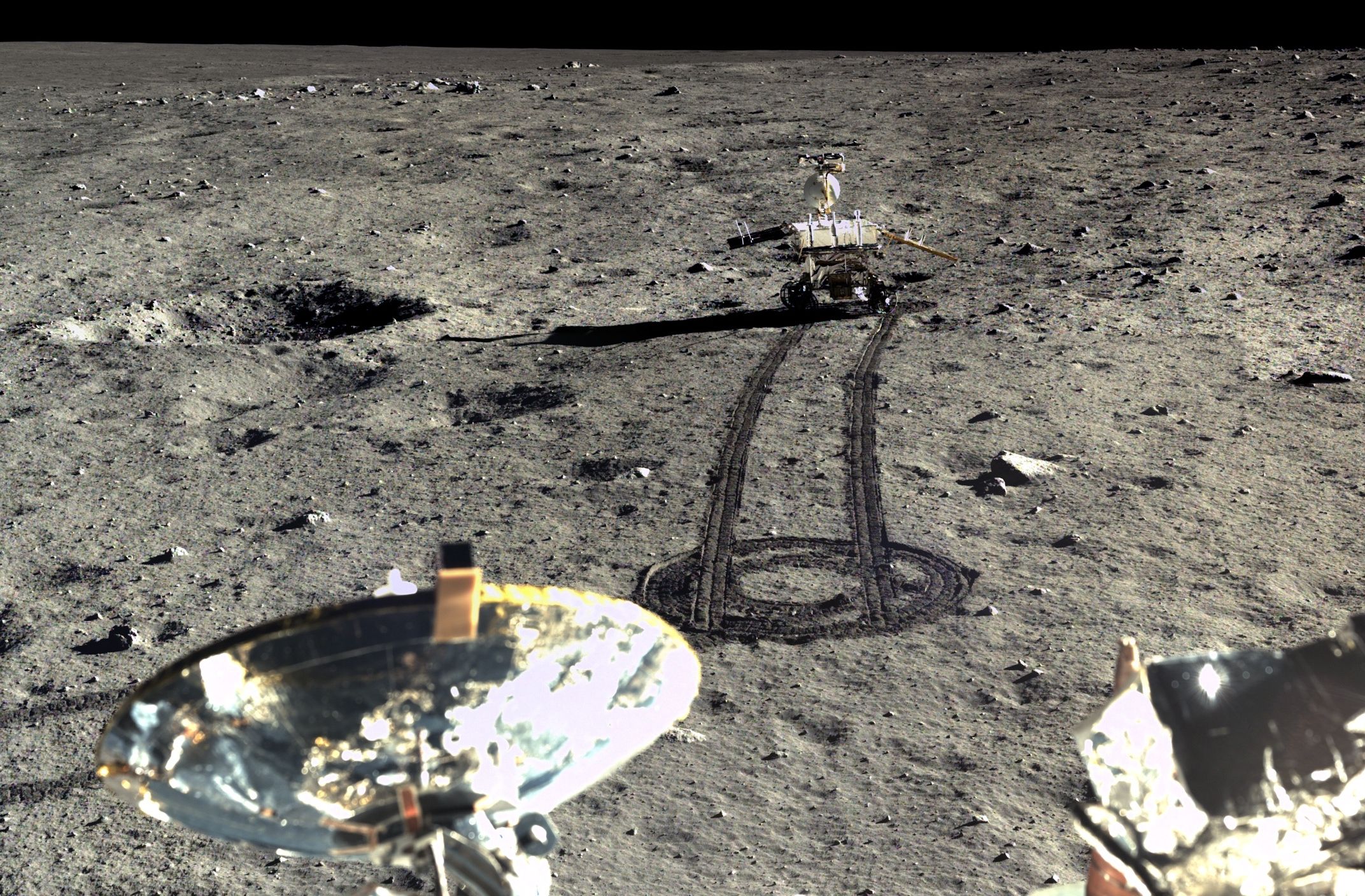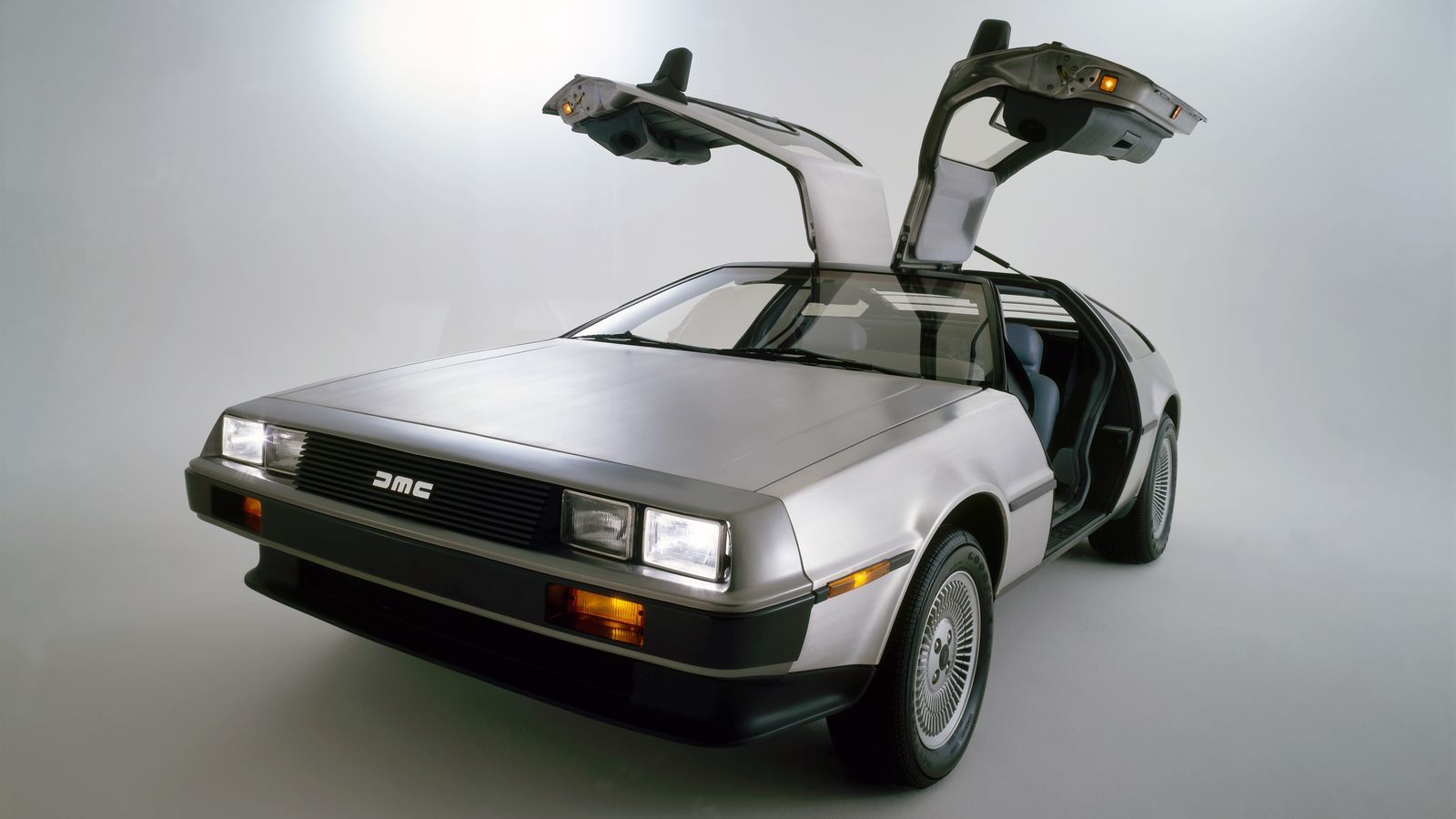Page 11841
Jan 31, 2016
The innovators: the swarm of sea drones sniffing out drugs and mines
Posted by Karen Hurst in categories: biotech/medical, drones, robotics/AI

https://youtube.com/watch?v=3pjTHDdC3C4
War on drugs has a new friend.
The football-sized robots are designed to work in packs, programmed for various tasks from locating wreckage to detecting contraband through a ship’s hull.
Jan 31, 2016
Robot-Run Farm Will Open In Japan Next Year
Posted by Karen Hurst in categories: food, robotics/AI, sustainability
My parents love their farm life, etc. However, as they are get older, and they need a way to maintain their land, etc. Maybe robots are the perfect solution. Certainly worth looking into.
Japan plans to open the first farm run completely by robots growing vegetables.
Jan 31, 2016
Fun with a new data set: Chang’e 3 lander and Yutu rover camera data
Posted by Sean Brazell in category: space
So, space fans, without further ado, here, for the first time in a format easily accessible to the public, are hundreds and hundreds of science-quality images from the Chang’e 3 lander and Yutu rover. I don’t usually host entire data sets (PDS-formatted and all) but I made an exception in this case because the Chinese website is a bit challenging to use.
Jan 31, 2016
New Kind of Dark Matter Could Form ‘Dark Atoms’
Posted by Andreas Matt in categories: cosmology, particle physics
Physicists have proposed a new kind of dark matter that might consist of dark protons and dark electrons that could form dark atoms, and build up dark matter disks around galaxies.
Jan 31, 2016
Quantum computing near and disruptive, warns academic at Davos
Posted by Karen Hurst in categories: business, computing, internet, quantum physics, robotics/AI, satellites, security, singularity
True points and many that I have been sharing on Quantum around its own potential to change everything that we know about technology (devices, internet & networking in general, wireless and satellites, AI, advancements in biotech, security, big data, and singularity itself). The author also highlights many of the same concerns that I have shared around hackers on Quantum breaking through the older digitized platforms and networks; therefore, many companies and governments are exposed as well as consumers who have not adopted Quantum.
Although the author speculates we’re less than 10 yrs for Quantum to be seen in the everyday usage; I believe we’re within 7 yrs.
Within four years quantum computers will have the beating of conventional computers and that will produce a dramatic change in both the technology landscape and in business, according to Professor Jeremy O’Brien from Bristol University.
Jan 31, 2016
The DeLorean Motor Company may soon start building ‘new’ cars
Posted by Shailesh Prasad in categories: futurism, transportation
The DeLorean could soon be going back into production thanks to a new law that exempts small volume car manufacturers from the safety requirements applied to most new car makers. Also, I’m going to attempt to write this article without any Back to the Future jokes.
The law only applies to “replica” vehicles, that is, cars that resemble the body of another vehicle produced at least 25 years ago. Think stuff like the Shelby Cobra or the ‘65 Mustang — or the venerable DeLorean.
The DeLorean Motor Company, which acquired what was left of the original manufacturer 30 years ago, currently focuses on repairing and restoring all the DeLorean vehicles that are floating around the world. But now, with this specialty legislation, the company can use its millions of factory parts (and some that have been recreated from the original blueprints) to build new, 2017 model year DeLoreans complete with a crate engine from an outside supplier.
Jan 31, 2016
Why the golden age of growth is behind us
Posted by Karen Hurst in categories: 3D printing, economics, quantum physics, robotics/AI
Hmmm; we’re definitely not at the end of the golden age of innovation. In fact, once Quantum technology has evolved to the point where it is available to the broader public; we will see a new explosion of new innovation occur as a result.
This is the first of two excerpts from “The Rise and Fall of American Growth: The U.S. Standard of Living Since the Civil War,” published this month by Princeton University Press. The second will explain the implications of all this for the next quarter century.
Can future innovations match the great inventions of the past? Will artificial intelligence, robots, 3D printing and other offspring of the digital revolution do for economic growth what the second industrial revolution did between 1920 and 1970? The techno-optimist school of economics says yes. I disagree.
Continue reading “Why the golden age of growth is behind us” »
Jan 31, 2016
Augmented Reality Transforms Biopharma
Posted by Karen Hurst in category: augmented reality
AR for improving operations in Biopharma.
In the management of biopharma operations, “oversight” may merge with “overwrite.” That is, the visual experiences of on-site personnel may become enhanced with virtual overlays.
Jan 31, 2016
The coming leap in human intelligence
Posted by Karen Hurst in categories: biotech/medical, robotics/AI, singularity, transportation
Interesting & a perplexing viewpoint by this author on “Singularity” and AI in general. First, I believe folks have varying views on the word “Singularity.” This author believes it is when machines become smarter than humans. In my case; I see Singularity is when humans and machines become connected to all things; not necessarily when a machine becomes smarter than myself. Also, the author definitely is not open to exploring all the possibilities around AI; thank goodness all innovators do not have this same mindset.
Human-like robots are popping up everywhere. From the factory floor to product packaging and delivery. From restaurants to the battlefield. From patient care to camel racing. And countless other places. The driverless cars we talked about in this column only a few years ago can be seen on the road today. Our electronic devices are not only talking to us, they’re beginning to understand what we need without even having to ask.
All of this has led to rampant speculation about when the so-called “singularity” is going to happen. When machines become “smarter” than humans. Sorry to disappoint, but the ultimate brain isn’t a future generation of IBM’s Watson or some super-distributed artificial intelligence network like the fictional Skynet portrayed in the Terminator movies.















